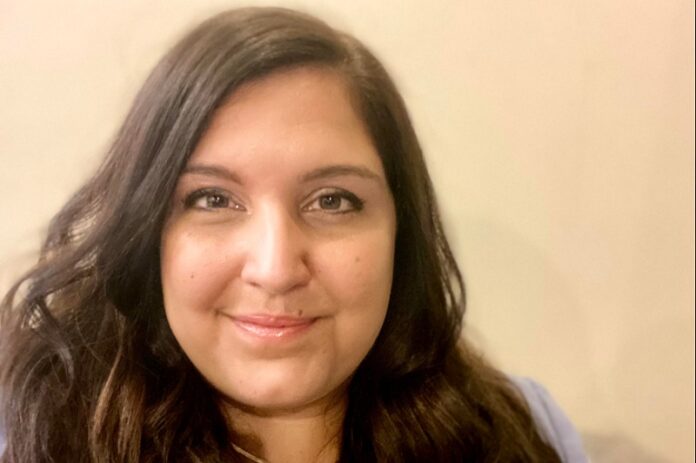People are seen wearing protective masks as they walk along the Bukit Bintang shopping area in Kuala Lumpur, December 30, 2021. — Picture by Firdaus Latif
KUALA LUMPUR, Jan 15 — Two years into the Covid-19 pandemic and after a successful vaccination rollout, most people were optimistic about the future.
The worst of the pandemic was behind us, most of us thought. Cases were going down and some restrictions were lifted.
And then a new variant emerged.
Omicron, the latest Covid-19 variant of concern, has pushed back government plans to ease restrictions and prompted it to issue warnings on the possibility of a new wave, making this year seem to be a repeat of the last.
With 2021 marked by a rise in suicides and cries for help regarding mental health, Malay Mail spoke to several psychologists, asking them how Malaysians can keep their spirits up in spite of the seemingly never-ending Covid-19 cycle.
Gaining perspective
“Life was always difficult and uncertain, even before the pandemic,” said Gerard Louis, a counselling psychologist and dean of HELP University’s Faculty of Behavioural Sciences.
“The pandemic brought about a certain intensity, and forced us to conduct ourselves in a certain way but everything else about living is still determined by us.”
To Louis, although Malaysians may not enjoy certain choices that they used to, keeping a perspective that the Covid-19 pandemic has not taken away their ability to engage in meaningful activities is important.
“Even before the pandemic, you have to go to work, you have to go to school, you have to be socialised. You have to drive at a certain speed limit, and you have to wear your seat belts.
“You can’t behave and do as you want,” he said.
Gerard Louis, dean of HELP University’s Faculty of Behavioural Sciences, says keeping perspective that we can still partake in meaningful activities despite the Covid-19 pandemic, is key. – Picture courtesy of Gerard Louis
Focus and expectations
Despite the drawbacks, Louis said Malaysians should keep focused on what they want to achieve this year, while also factoring backup plans in case things don’t go the way they want.
“Understand what you can control and what you can’t and focus on the former.
“If you continue to look at life as a process, not a product, then you deal with uncertainties as part of the process, learn from the experience and move on,” he said.
Similarly, Cassandra Aasmundsen-Fry, founder of mental healthcare service Mindwell, said: “Don’t put all your hopes in the basket of ‘when the pandemic ends, or when things open up’.”
The clinical psychologist said setting ourselves up with overly-rigid expectations and goals for what it means to get a Covid-19 vaccine booster shot, or for our lives returning to a pre-pandemic lifestyle, could put our emotions in a downward spiral if these expectations aren’t met.
“Look at how we can readjust our expectations, that we might not be in the pre-pandemic life but we can live a life that is just as meaningful and content as before,” she said.
Aasmundsen-Fry recommended that people “take stock”, by simply writing down the current stressors in their lives as well as the things they are grateful for — to observe and think about their lives in a “realistic and non-judgmental” manner.
“It is commonly suggested that you start off your day by listing three things that you appreciate that day, or three good things that happened at the end of that day.
“When looking at your list of stressors, break it down into a list: ‘What do I have control over?’ and ‘What do I not have control over?” she said.
Clinical psychologist Cassandra Aasmundsen-Fry recommends that people ‘take stock’, by simply writing down the current stressors in their lives as well as the things they are grateful for — to observe and think about their lives in a ‘realistic and non-judgmental’ manner. – Picture courtesy of Aasmundsen-Fry
Family and community
Resilience — that was the motto of Fauziah Saad, a counselling psychologist at the Wellness Centre of Universiti Pendidikan Sultan Idris.
And the key to building up the resilience needed to face another year of Covid-19, she said, is developing a good connection with family and community.
“So if they (people) have any issues, then their family members, friends, counsellors or anyone else close to them can listen to or share their problems,” she said.
Fauziah said that in her practice, she commonly sees many who are quick to blame others for their problems, and that they should Instead lean into their strong bonds with others, to gather the courage they need to face their challenges.
“Also, to build up resilience, practise self-care. Take care of yourself, and give yourself credit and appreciation for getting through these past two years of Covid,” she said.



